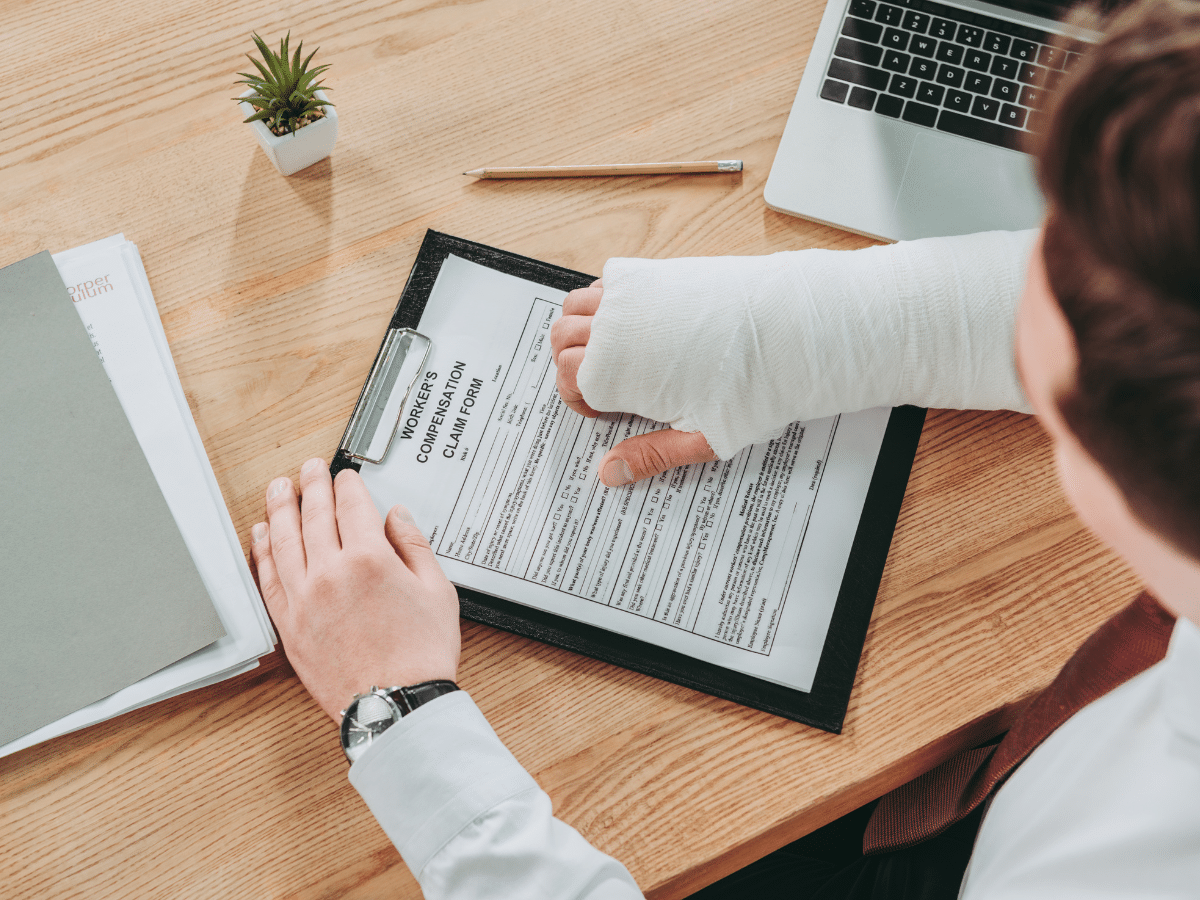Accidents happen when we least expect them, and when they result in injuries, it can be overwhelming to navigate the process of seeking compensation. One of the first steps in determining whether you have a valid personal injury claim is understanding the key elements that constitute a valid claim. Whether you were injured in a car accident, at work, or due to someone else’s negligence, knowing the necessary components can help you determine if you are entitled to compensation. In this blog, we’ll break down how to determine if you have a valid personal injury claim and what steps you should take next.

Understanding Personal Injury Claims
A personal injury claim arises when an individual suffers harm due to the negligence or wrongdoing of another party. Personal injury claims can cover a wide range of accidents, including slip-and-falls, medical malpractice, car accidents, and workplace injuries.
-
Negligence: At the core of most personal injury claims is negligence. This occurs when someone fails to exercise reasonable care, leading to an accident or injury. The responsible party may be a driver, property owner, or even a medical professional.
-
Legal Duty: For a personal injury claim to be valid, the responsible party must have had a legal duty to act in a certain way to prevent harm. For example, a driver has a duty to obey traffic laws and drive safely, while a property owner has a duty to keep their premises safe for visitors.
Key Elements of a Valid Personal Injury Claim
In order to have a valid personal injury claim, there are four key elements that must be met:
-
Duty of Care
The responsible party must owe a legal duty of care to you. For example, a property owner has a duty to keep their property free of hazards, and a driver has a duty to drive safely. If you are injured in a situation where this duty of care was breached, you may have grounds for a personal injury claim. -
Breach of Duty
In order to make a personal injury claim, the defendant (the party responsible for the accident) must have breached their duty of care. For instance, if a driver is texting while driving and causes an accident, they have breached their duty to drive responsibly. -
Causation
There must be a clear link between the defendant’s actions and your injury. In other words, the breach of duty must be the direct cause of your injury. If your injury is not directly linked to the defendant’s actions, your claim may not be valid. -
Damages
To have a valid personal injury claim, you must have suffered actual harm, either physical or emotional, as a result of the accident. This can include medical expenses, lost wages, pain and suffering, and emotional distress.

What Types of Accidents Can Lead to a Personal Injury Claim?
Personal injury claims can arise from a wide range of accidents and incidents. Here are some common types of personal injury cases:
-
Car Accidents: Car accidents are one of the most common causes of personal injury claims. If you were injured in a car accident caused by another driver’s negligence, you may have grounds for a claim.
-
Slip-and-Fall Accidents: Property owners have a responsibility to keep their premises safe. If you slip and fall due to hazardous conditions, such as wet floors or uneven walkways, you may be entitled to compensation.
-
Medical Malpractice: If you are injured due to the negligence of a healthcare professional, such as receiving incorrect treatment or a misdiagnosis, you may have a medical malpractice claim.
-
Workplace Injuries: Workers who are injured on the job may be entitled to compensation through workers’ compensation, but in some cases, they may also file a personal injury claim against a third party if the injury was caused by negligence.
Steps to Take If You Think You Have a Valid Personal Injury Claim
If you think you may have a valid personal injury claim, there are several steps you should take:
-
-
Seek Medical Treatment
Your health should be your first priority. After an accident, make sure to seek medical treatment for your injuries, even if they seem minor. Not only will this ensure that you get the care you need, but it will also create a medical record that can be important for your claim. -
Document Everything
Keep detailed records of the accident, your injuries, and any medical treatment you receive. This includes taking photos of the accident scene, your injuries, and keeping a record of any conversations with the responsible party, insurance companies, or witnesses. -
Consult an Attorney
The best way to determine if you have a valid personal injury claim is to speak with an experienced personal injury attorney. They can review your case, help gather evidence, and determine the next steps. In some cases, an attorney may be able to negotiate a settlement with the responsible party or take your case to trial if necessary.
-
Conclusion
Determining if you have a valid personal injury claim involves understanding the core elements of negligence, the accident, and the damages you’ve suffered. If you meet the legal requirements and have suffered harm due to another party’s actions, you may have the right to pursue compensation. The next step is to consult with an attorney to evaluate your case, gather evidence, and decide on the best course of action.
At MHK Attorneys, we specialize in personal injury claims and are dedicated to helping our clients seek the justice and compensation they deserve. Contact us for a consultation and let us help you navigate the legal process.